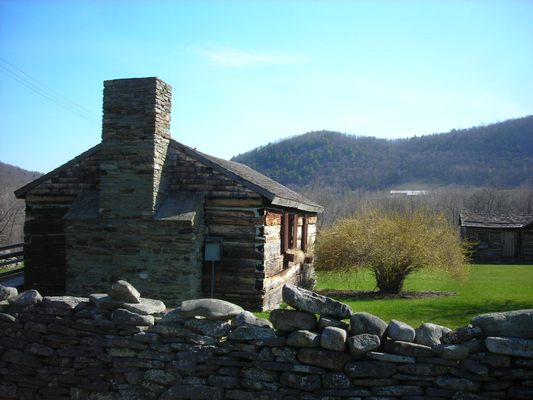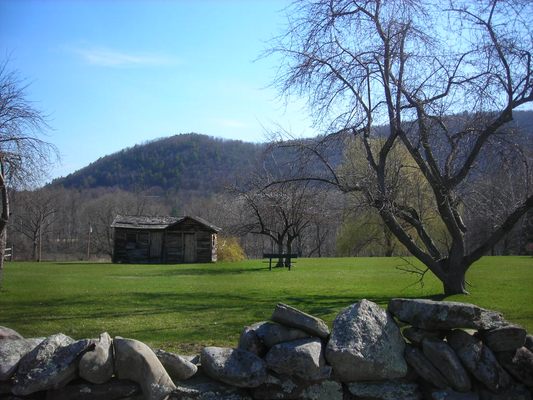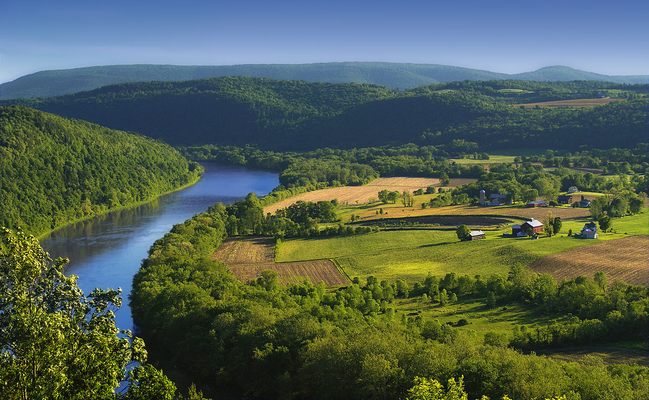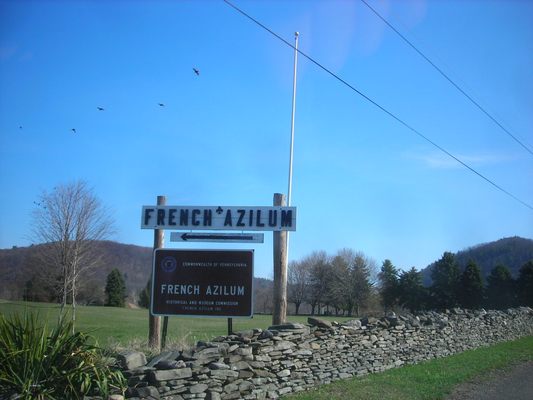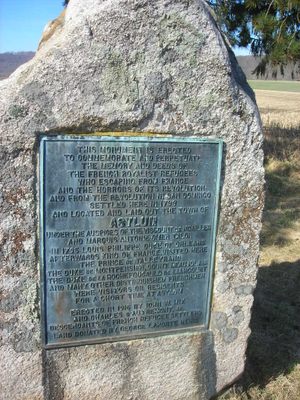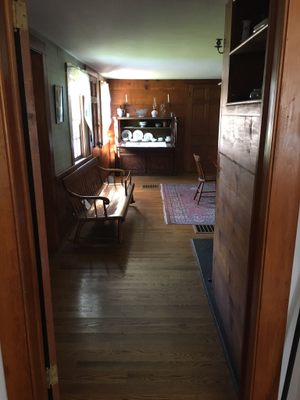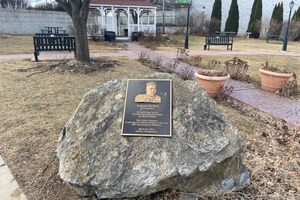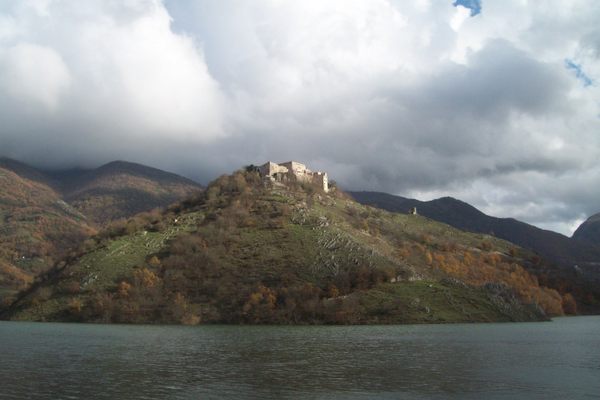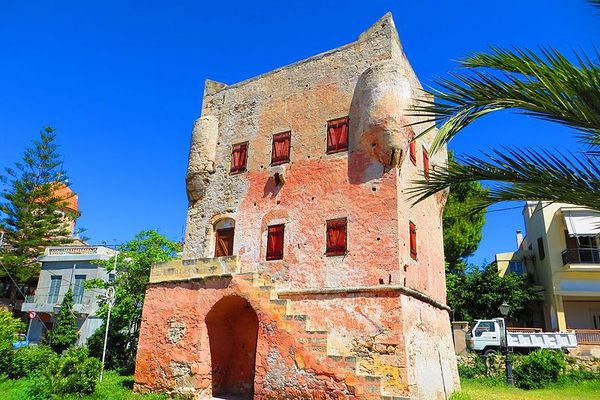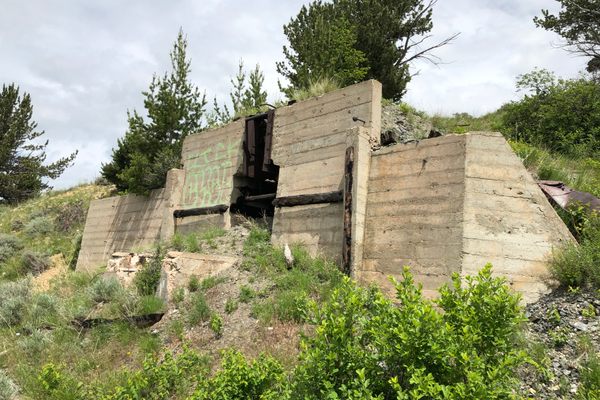About
Despite France's crucial role in helping America win independence from Britain during the Revolutionary War, the newly born United States did not return the favor when France's own political revolution sprang up a decade later. A few influential Pennsylvanians, however, did throw a small bone to the French upper crust.
In the late 18th century, several wealthy Pennsylvania politicians and businessmen expressed sympathies with exiles of the French Revolution, and built a small settlement for aristocratic refugees fleeing the war. Loyalists of King Louis XVI were hoping to escape the guillotine following the king's execution in 1793, and French exiles were also fleeing the French colony of Saint-Domingue in Haiti, where slave uprisings had broken out in 1791.
The Pennsylvania men, who included Stephen Girard, Robert Morris and John Nicholson, saw a lucrative opportunity in the refugees' displacement, and purchased a 300-acre plot of land in Bradford County, near a river bend of the Susquehanna. The intention was to create a small slice of France for French asylum-seekers, with the hope that it would become a self-sufficient community.
On this plot of land by the Susquehanna river, the quasi court once entertained princes and future kings — it's rumored the settlement even included a house for Queen Marie Antoinette.
The plot was laid out to look like a town, with a market square, a grid of broad streets and 413 lots for houses. About 30 long houses were built from logs. Although crude, most of these houses had a chimney, wallpaper, glass windows, shutters and porches.
Around 30 refugees arrived at French Azilum in the fall of 1793. La Grande Maison, the grandest log structure in the settlement, was used for social gatherings and entertaining distinguished guests, such as Talleyrand and Louis Philippe, the future king of France. Rumors flew that the house was intended to be the home of Marie Antoinette and her children, should they manage to escape from France.
However the attempt to create an insular version of the French good life did not last long. Morris and Nicholson went bankrupt in the late 1790s, and money from French sources dried up. Many of the exiles left for southern American cities like New Orleans, Savannah and Charleston.
In 1803, Napoleon allowed the exiles to return to France, and the little sliver of France had all but disappeared by the turn of the century. Some families chose to remain in Pennsylvania, and settled in local communities: the LaPortes, Homets, LeFevres, Brevosts and D'Autremonts.
Today, none of the more than fifty original structures of French Azilum remain. The historic site retained some 20 acres of the original settlement, though most of the land was absorbed into local farmland. There is one reconstructed log cabin that serves as a museum, which displays artifacts and objects that belonged to the town's original French exiles.
Related Tags
Know Before You Go
Open 11:00am - last tour at 4:00pm
Published
August 11, 2016
